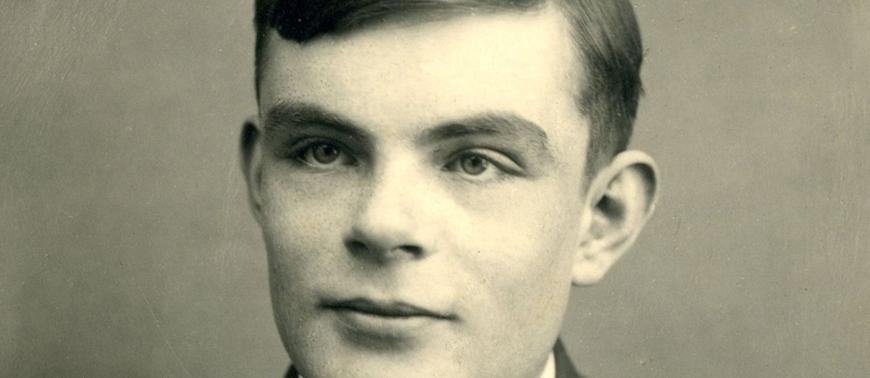
Published: 2024-02-04 by, News Team
LGBT+ History Month, observed in February, serves as a poignant reminder of the struggles and triumphs of the LGBT+ community throughout history. It's a time to commemorate the individuals who have made significant contributions to society despite facing discrimination and adversity based on their sexual orientation or gender identity.
Among the prominent figures in LGBT+ history, mathematician and computer scientist Alan Turing stands as a towering figure. Born in Maida Vale, London, in 1912, Turing's brilliance in mathematics was evident from an early age. He attended King's College, Cambridge, where he studied mathematics and later became a fellow of the institution.
During World War II, Turing's intellectual prowess was instrumental in breaking the German Enigma code at Bletchley Park, a pivotal achievement that significantly shortened the war. Turing's innovations in cryptanalysis, including the development of the Bombe machine, revolutionized code-breaking efforts and provided crucial intelligence to Allied forces.
Despite his invaluable contributions to the war effort, Turing's personal life was marred by societal prejudice and discrimination. As an openly gay man in a time when homosexuality was illegal in the United Kingdom, Turing faced persecution and prosecution for his sexual orientation. In 1952, he was convicted of "gross indecency" and subjected to chemical castration as an alternative to imprisonment.
Tragically, Turing's life was cut short at the age of 41 when he died of cyanide poisoning in what was ruled a suicide. His death marked a profound loss for the scientific community and underscored the devastating consequences of systemic discrimination and stigma.
In the years following his death, Turing's contributions to mathematics, computer science, and cryptography gained widespread recognition and appreciation. In 2009, then-Prime Minister Gordon Brown issued an official apology on behalf of the British government for the injustice inflicted upon Turing. Queen Elizabeth II granted Turing a posthumous pardon in 2013, acknowledging the profound impact of his work and the injustice of his persecution.
Turing's legacy extends far beyond his groundbreaking achievements in science and technology. His enduring influence is reflected in the numerous tributes and honors bestowed upon him, including a blue plaque commemorating his birthplace, an annual award for innovations in computer science named in his honor, and his appearance on the £50 note issued in 2021.
As we reflect on LGBT+ History Month, it is essential to recognize the enduring legacy of individuals like Alan Turing, whose courage, intellect, and resilience continue to inspire generations. Turing's story serves as a poignant reminder of the ongoing struggle for equality and justice faced by the LGBT+ community worldwide.
Experience the heartbeat of LGBTQ+ London like never before! Join our weekly Queer London Newsletter and immerse yourself in a weekly dose of happenings, exciting events, exclusive news, articles and local London LGBTQ+ community updates.
SUBSCRIBE TO THE GAY LONDON NEWSLETTER NOW